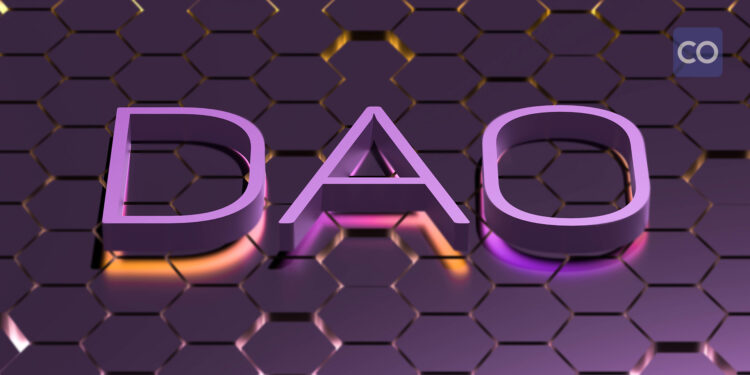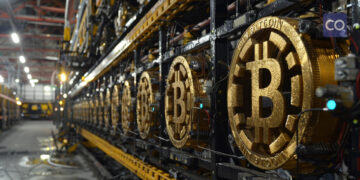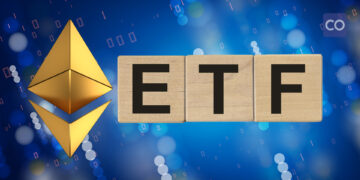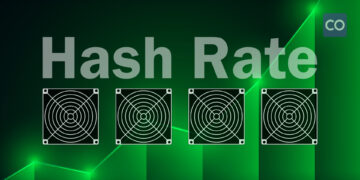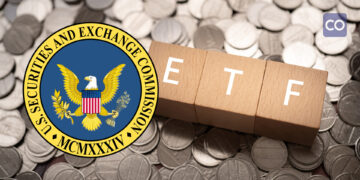DAO is an abbreviation for Decentralized Autonomous Organization. Essentially, a DAO is a set of pre-determined rules that dictate the actions of a decentralized organization. It’s worth noting that the term DAO can also be used to refer to a specific organization known as “The DAO,” which was established on the Ethereum blockchain, back in 2016.
In essence, a DAO is a unique type of organization that operates differently from traditional companies. It is built on open-source code and is entirely managed by its community members. This means that a DAO’s foundational structure and operational mechanisms do not rely on hierarchical management, a feature typically prevalent in conventional businesses.
Simply put, a DAO operates without a central authority or governing board. As implied by its name, power is not centralized. DAOs function through computer-programmed regulations, known as smart contracts, and are managed by the collaborative efforts of its contributors and community members.
The concept of decentralized organizations (DO) isn’t a novel one. However, applying smart contracts to streamline their operational processes and features renders DAO an intriguing and beneficial concept. This revolutionary framework paves the way for a unique business model, enabling a range of activities to be carried out in a fully decentralized and automated fashion.
The DAO model can be beneficial in several significant scenarios, such as automated fundraising initiatives like ICOs, the distribution of digital tokens, and asset tokenization, along with decision-making and proposal voting mechanisms. Furthermore, the DAO model facilitates the development of more streamlined systems by minimizing human intervention, thereby decreasing total operational expenses and the potential risks associated with human actions.
Similar to how Bitcoin established a peer-to-peer digital financial structure, removing the necessity for banks and other reliable intermediaries, DAOs hold the capacity to transform numerous sectors via the implementation of decentralized governance frameworks driven by smart contracts.
